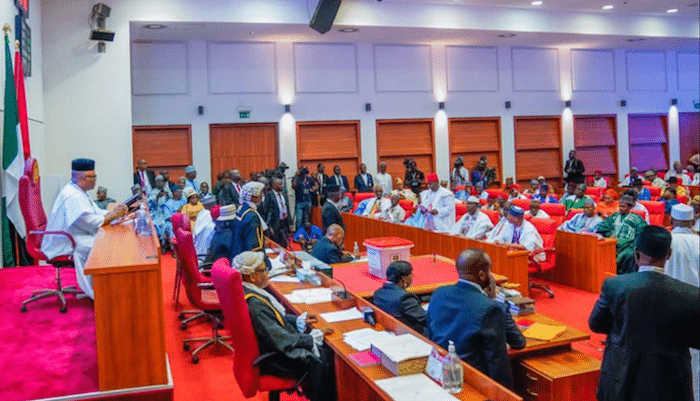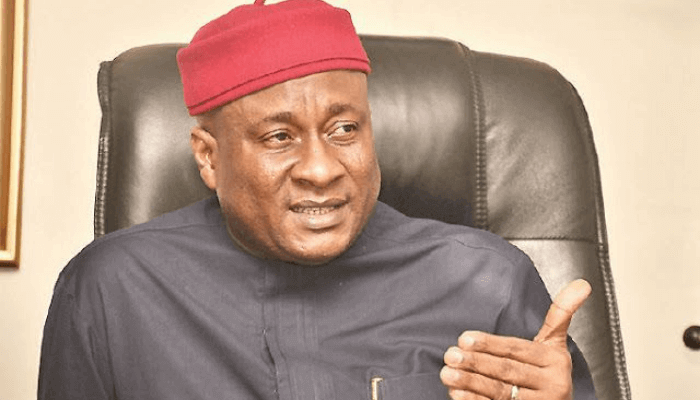Benue State has officially withdrawn from the Supreme Court suit challenging the constitutionality of the Economic and Financial Crimes Commission (EFCC).
Naija News reports that this is coming just two days after the state suspended its Attorney General and Commissioner for Justice for allegedly joining the case without approval from the governor.
According to the News Agency of Nigeria, Benue State’s decision to exit the case was filed through an application dated October 23, prepared by Fidelis Mnyim on behalf of the state Attorney General and Commissioner for Justice.
The application stated, “Take notice that the Attorney General of Benue State, who is the 8th plaintiff, hereby discontinues this suit against the Attorney General of the Federation, the defendant.”
Initially filed by 19 states, the case is under review by the Supreme Court, which has reserved judgment on the matter.
Benue State’s governor, Hyacinth Alia, had recently suspended the Attorney General indefinitely, citing unauthorized participation in the suit.
Governor Alia emphasized the need for transparency and accountability, adding, “No appointee is permitted to act unilaterally. No matter how pressing or urgent the issue is, one must resort to due consultations with me or appropriately brief me and seek my permission before acting, especially in a sensitive matter.”
Governor Alia further noted that his administration, with assistance from the EFCC and the Independent Corrupt Practices Commission (ICPC), is actively addressing issues of financial mismanagement within the state.
“My administration is holding accountable those who embezzled money and drained our state dry. The EFCC and ICPC are assisting us in this effort,” he added.
This effort, he stated, aims to recover funds misappropriated by previous administrations.
The EFCC’s legality has recently come under intense scrutiny, with the Supreme Court’s pending decision raising broader questions about the agency’s authority in combating financial crimes.
Established in 2003, the EFCC has been at the forefront of prosecuting offenses such as money laundering, fraud, and misuse of public funds, but its role and constitutional mandate have sparked significant debate.

 2 hours ago
26
2 hours ago
26















 English (US) ·
English (US) ·